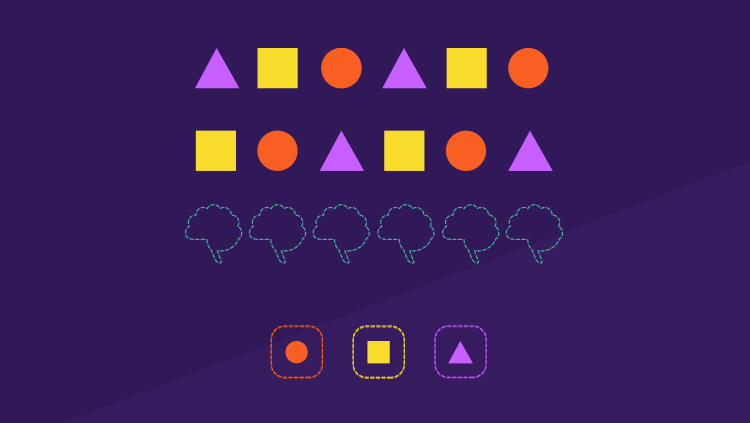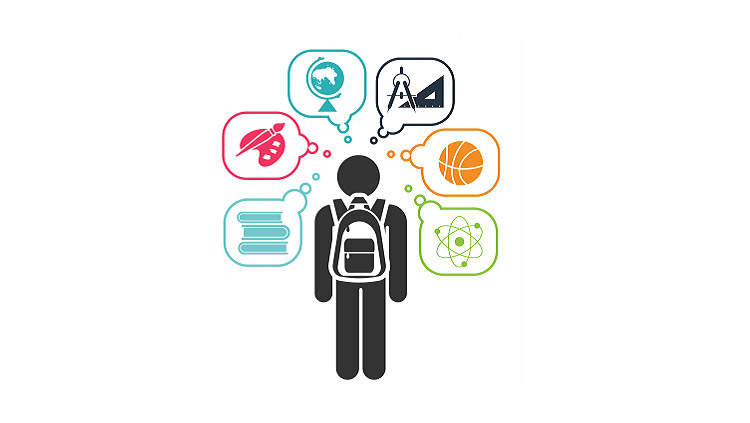Reasoning, Planning and Solving Problems
- Intelligence arises as the brain reasons, plans, and solves problems.
- The brain makes sense of the world by using all available information, including senses, emotions, instincts, and remembered experiences.
- Emotions are based on value judgments made by our brains and are manifested by feelings as basic as love and anger and as complex as empathy and hate.
- The brain learns from experiences and makes predictions about best actions in response to present and future challenges.
- Consciousness depends on normal activity of the brain.








